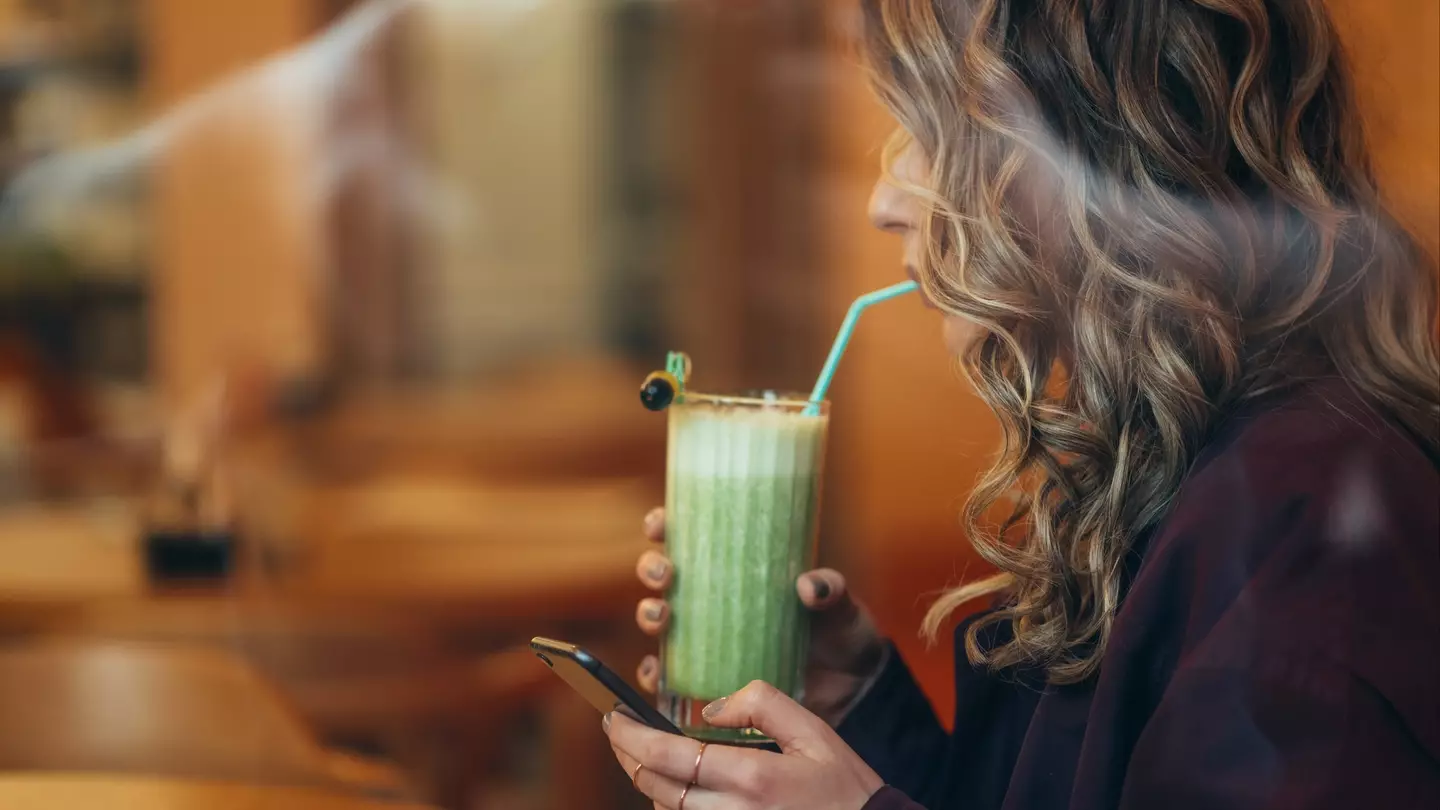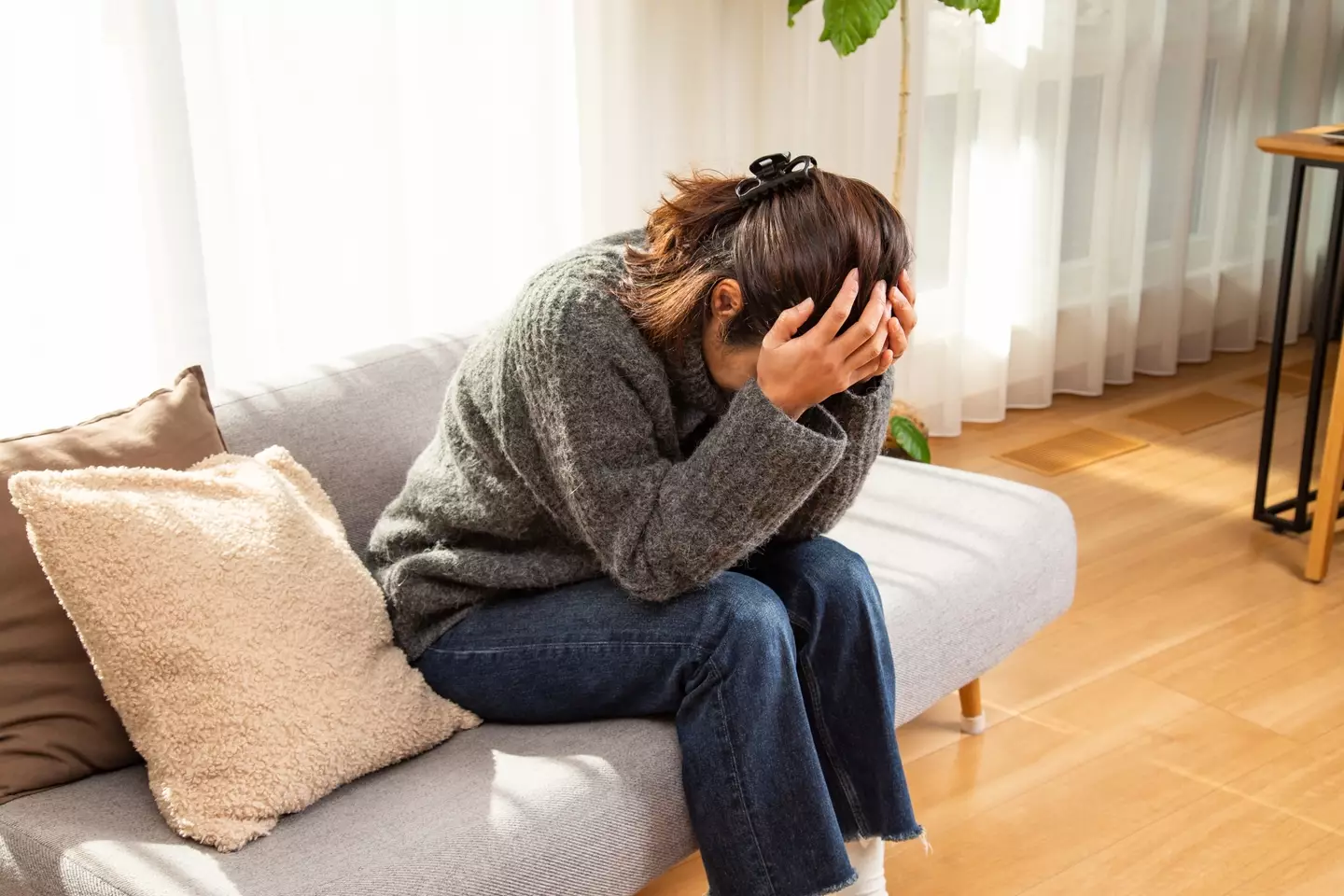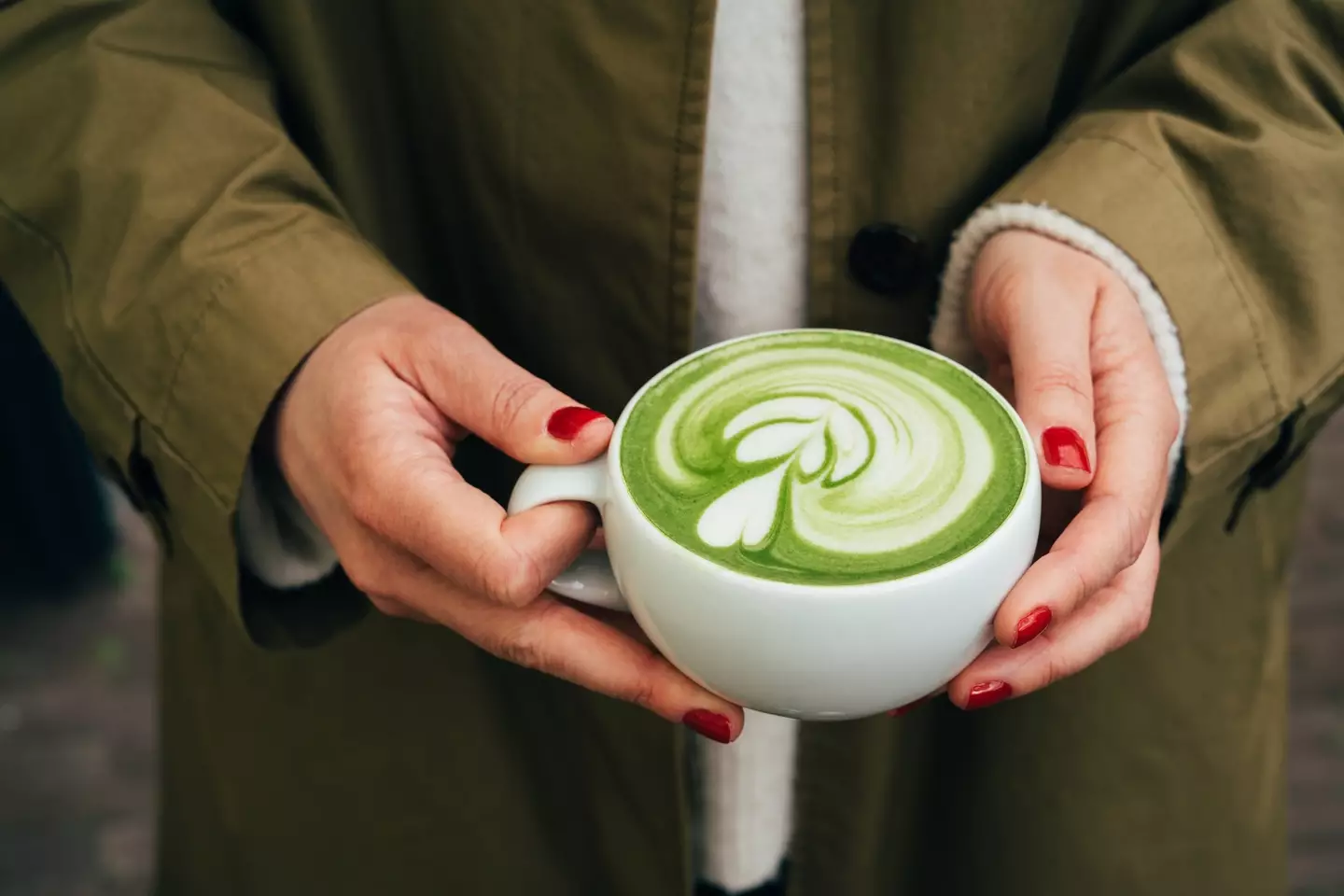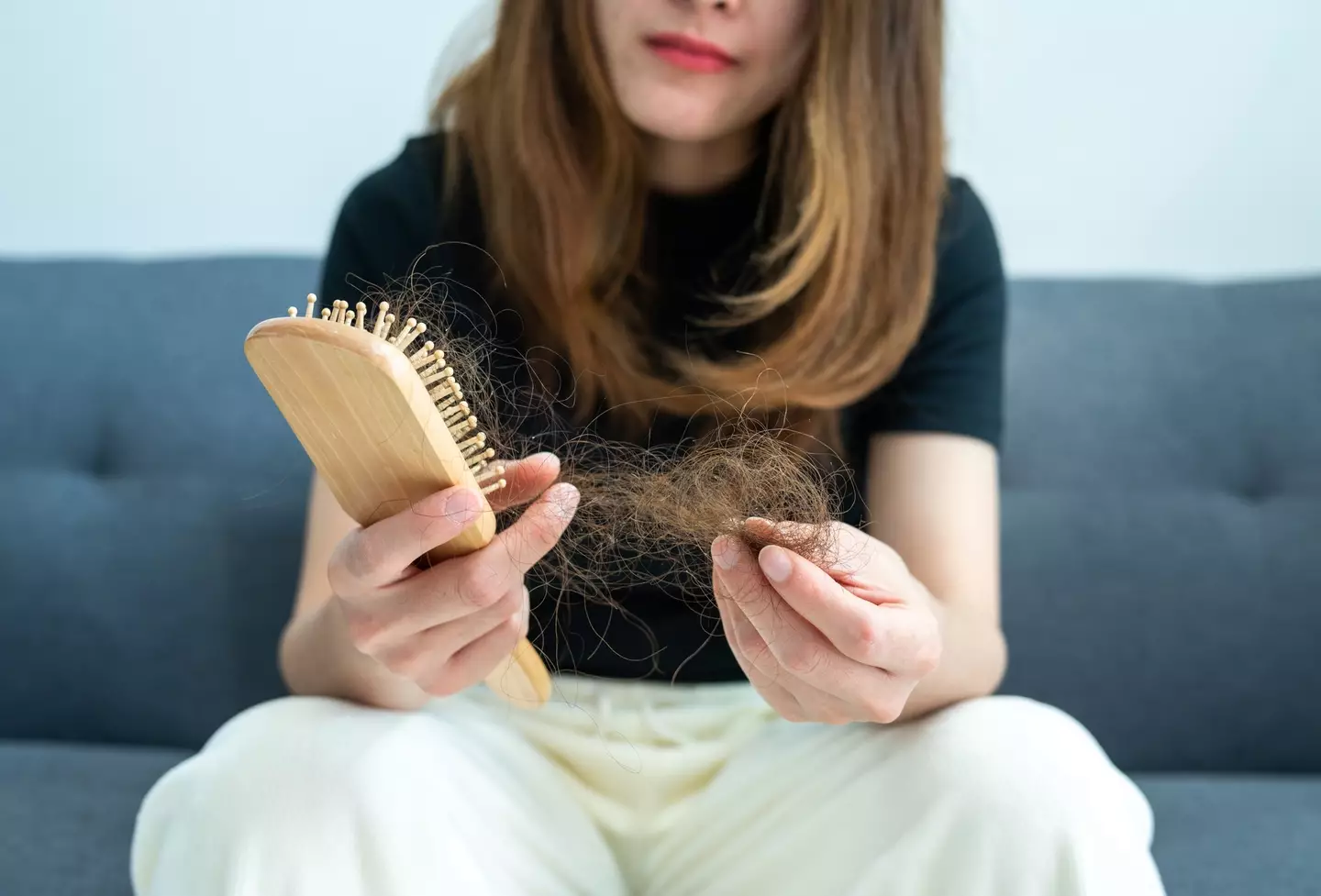
A woman has claimed she's been hit with a worrying side effect after switching from coffee to matcha for the last six months.
The increasingly popular drink, made from Japanese green tea powder, has made its way to the mainstream in recent years and is especially a favourite among Gen Z.
Matcha options have begun popping up in most mainstream coffee shops in the UK, as well as a slew of independent cafes also hopping onto the trend.
And it's thought that the surge in sales is being driven by the drink's supposed health benefits, such as decreasing stress and anxiety and enhancing cognitive function.
Advert
However, experts have recently been making matcha drinkers aware of one little-known side effect that can happen if you consume it in copious amounts.

As it contains tannins, matcha may cause its consumers to begin suffering from low iron levels and one American woman even claimed her levels got so low that her 'matcha obsession' sent her to the hospital.
Speaking about this side effect, nutritional therapist Farzanah Nasser told British Vogue: "Matcha contains tannins that bond to non-heme iron, which is the form of iron found in plants, and can in turn block your body’s ability to absorb the mineral."
She added: "Matcha also contains catechins, which are powerful antioxidants and can interfere with your iron intake."
And registered dietitian Sarah Martel explained to the Toronto Star that matcha has a higher percentage of tannins than other green teas because of how it’s ground into a fine powder.
She did outline though that not every matcha drink will have the same amount of tannins; dilution with milk, water, and/or flavoured syrups can reduce the amount.
Martel also explained that there are ‘many more’ opportunities throughout the day to get iron from our snacks and meals and reassured that 'a reduction in iron absorption at one meal or around one drink doesn’t necessarily mean an iron deficiency will be developed'.
But now, someone else has taken to Reddit to detail another side effect they think could be linked to their matcha drinking habit.

The user explained how they switched out iced lattes for matcha, consuming the drink every day for a whole month, about an 'hour or two' after eating.
They noticed that their hair is 'shedding' more - and think the green drink could be the culprit.
The social media user wrote: "I've always known that caffeine inhibits nutrient absorption (esp iron) if taken too close to meal times. So I have my usual iced latte about an hour or two after a meal. No issues.
"Over the last 6 months, I've been drinking matcha because I heard it doesn't cause jitters. Well, turns out it makes my hair fall out more.
"This isn't just me saying nonsense. I literally tried out an experiment on myself, TWICE."

They added: "I drank Matcha everyday for a month, and my hair shed count during showers SHOT UP visibly. I then stop all caffeine for 2 weeks, and lo and behold hair doesn't shed as much.
"I repeated this cycle twice, and my intuition was right (NO change in diet or hair products)."
The user concluded with: "Of course, my experience is anecdotal, but for some reason Matcha doesn't work for me AT ALL."
Now, it's important to note that matcha doesn't directly cause hair loss as far as we know, but it can be a symptom of iron deficiency anaemia.
But you're unlikely to suffer from this unless you're drinking large amounts daily.
And, to reassure you some more, New York City-based dermatologist Hadley King, MD, told Vogue that because matcha is full of antioxidants and anti-inflammatory properties, it's usually viewed as being beneficial for hair health.
Tannins are also not just found in matcha, they are also present in green and black teas.
Topics: Health, Reddit, Gen Z, Life, Food and Drink